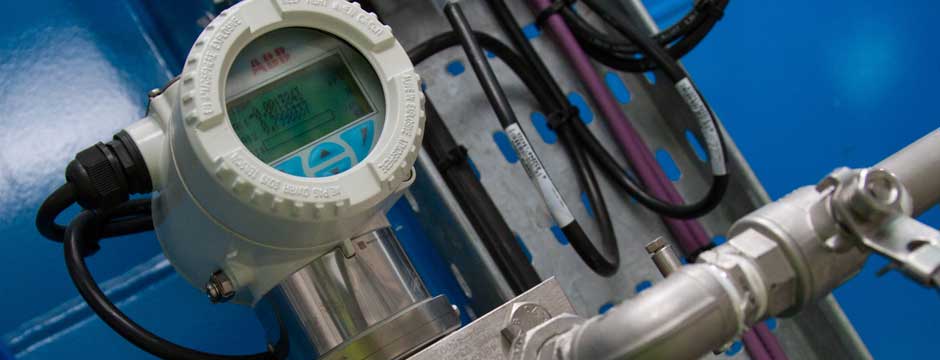Decoration
Rainwater Management Techniques That Can Be Applied to Any Building
Managing storm water will keep the soil on your yard from eroding, plants from drowning and basement from flooding.

House Architecture Design
Managing storm water will keep the soil on your yard from eroding, plants from drowning and basement from flooding. Because of the large amount of impervious surfaces in municipalities, runoff pollution and silt in streams and rivers has become one the greatest risks to the nation’s freshwater resources. By taking some basic precautionary steps, you can reduce the effects of storm water on the environment.
Roof and Gutters
Clean your gutters on a bi-annual schedule to prevent the development of clogged drainpipes, which can lead to water pouring over the gutter and onto the ground below, causing erosion. In addition, consider installing rain barrels to harvest the rainwater for plants in your garden. If you have a flat or generally low-pitched roof, then think about installing a green roof for planting grass to reduce the effects of rainwater on your living space.
Permeable Surfaces
Replace existing impervious surfaces such as concrete driveways, walkways and patios, with permeable surfaces that allow water to seep through to the underground water table. Reducing impervious surfaces is one of the best methods for reducing excessive surface runoff. You can replace the impervious surfaces with permeable surfaces such as permeable concrete or grass.
Selective Planting
Landscaping serves as an alternate residential feature to help control storm water overflow. Grasses, bushes and trees, help absorb surface runoff effectively. Plant some of these plants in your yard to control erosion and runoff. Some popular plant species that you can plant in your yard or garden include maple, oak and marsh hibiscus.
Sump Pump
A critical component of storm water management involves undertaking pump installation in basements. During the rainy season, water can spill into your basement, creating potential breeding ground for mould and mildew. Sump pumps, help to clear water off basements. Place the sump pump at the lowest location in the basement that is closest to where the water trickles in. You can find more information on how to do this through companies like Lagan Plant.
Harvesting for Agricultural Use
You can harvest rainwater in farm ponds for agricultural use. The water harvested in ponds can be used as drinking water for livestock and for watering plants on the farm. There are different types of farm ponds including creek-fed, dugout and off-stream storage ponds. You may need to construct an embankment to retain the water.


